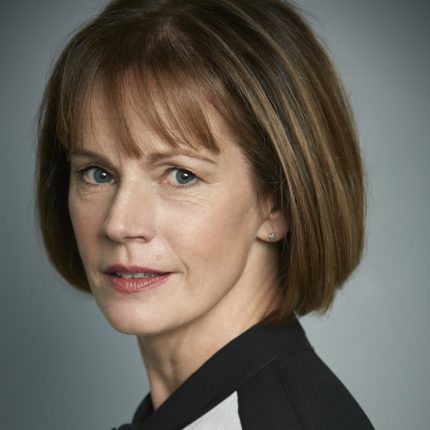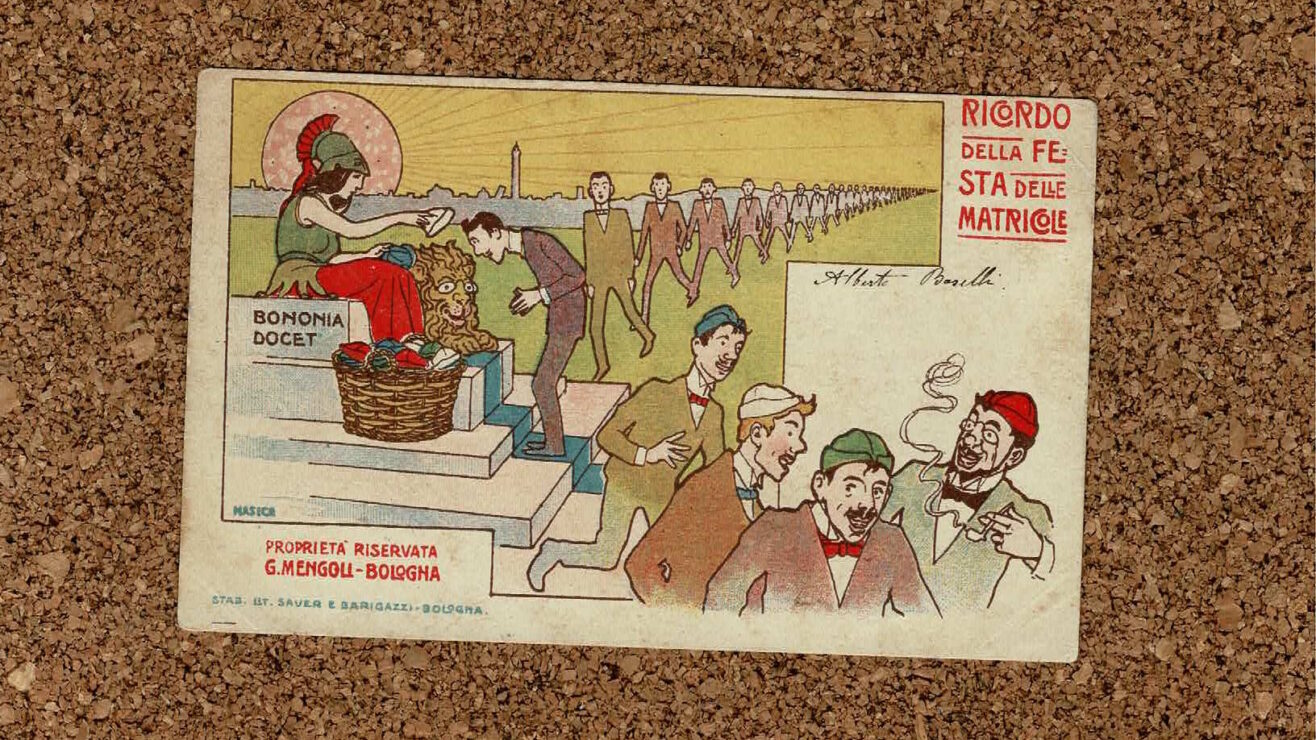In 2017 King’s College London launched its strategic vision for the years leading up to the university’s 200th anniversary in 2029.
The consultation process to generate the vision brought in the voices of around 1,000 staff, students and alumni. Five key priorities emerged: research, education, service, London, and international.
No world-class university would publish a strategy that didn’t include education, research and international. But the focus on our home city and the commitment to service are perhaps the differentiating features in King’s new vision. Service has long been the ethos of King’s: that sense of going beyond what is expected of a university, to serve the needs of society, underpins everything we do. Much (but not all) of that service to society is delivered within the city in which we make our home.
In thinking about London, staff, students and alumni who took part in the consultation revealed a huge appetite to play a greater civic role, particularly in the three boroughs in which King’s has a substantial physical presence – Lambeth, Southwark and Westminster. It was out of this that the ambition “to be a civic university at the heart of London” emerged.
Like most universities, King’s is proud to be a global institution, but it could be argued that universities, on the whole, may, over recent years, have focused on the international at the expense of the local. I firmly believe that there need not be a tension between the two: that we can draw down global connections to benefit local communities and build on deep local relationships to generate knowledge with transnational impact. King’s Somaliland partnership is a good example of that, leveraging insights from working with the Somali population in Lambeth to inform healthcare reform in Somaliland itself.
Playing an active local role
Universities exist (as Kevin Richardson of Research England reminded us at the recent UPP Foundation / Wonkhe Policy Forum) to do good. Playing an active and positive role within our localities is therefore fundamental to our purpose. Some of the ways in which we deliver against this purpose are without doubt strategic: well organised, effective, and organised from the centre, with wide cross-university involvement. At King’s, our widening participation programmes are a flagship example within this category. But what we uncovered through the development of the vision – and the supporting London strategy – were any number of examples where student societies, interested academics, and motivated staff were self-organising to develop and instigate projects that do good in our local boroughs. For example, student dentists visiting local schools to teach dental hygiene, and student volunteers helping children from refugee families with homework. According to Universities UK, over one-third of the student population volunteers locally, and King’s students are no exception.
So King’s was, if you like, passively becoming a civic university, almost by default. Our challenge has been how best to support and enable this commitment: how much can or should be centralised? What happens to the appetite of the King’s community if it becomes a top-down imperative? If civic engagement were measured and rewarded in the ways that teaching and research are, what would that do to the spirit of the university and staff appetite to get involved? On the other hand, how can we tell a coherent story if the activity is, for the most part, random?
A civic movement
One of the ways to approach this challenge is to think about our civic commitment through service as a movement. Movements are not top down: they gain momentum through the doing, led by the doers. But for that to happen, we need to give each other, and ourselves, permission to join in the dance. How do we best support the appetite of the King’s community to volunteer locally – recognising (as our local conversations have made clear) that our people are our major assets: researchers, students, professional services staff, and the extensive alumni network?
It’s worth noting at this point that civic engagement is not just about volunteering. A university’s civic role is also delivered through education and research – through the students we teach and the knowledge we create. King’s vision talks about our graduates as the change-makers of tomorrow, distinguished by their character and service ethic. We’re developing service-learning modules in partnership with local bodies, enabling students to learn while they serve and serve as they learn, supporting local needs while making the most of London as a living classroom. We’ve committed to generating research that engages local communities, informs policy and makes the world a better place. Effective, two-way civic engagement underpins all of these ambitions.
Developing King’s Local Partners
It was in balancing all these different aspects of civic engagement that we came up with the concept of King’s Local Partners: a cross-university framework that aims to strengthen and deepen King’s relationship with its local boroughs. This framework can encompass the different elements of our local relationships: collaborative teaching, internships, service learning modules, research partnerships, space-sharing, as well as volunteering. It can embrace the existing and allow for the new within a coherent and joined-up narrative. And King’s Local Partners creates a clear front door into King’s for our local boroughs – something that hasn’t been the case in the past. How many conversations have stalled, or simply not begun, for want of a clear way into an organisation that is necessarily complex – both structurally and geographically?
In developing King’s Local Partners we undertook an extensive listening exercise within our localities to understand perceptions and expectations, to gain insights into local needs, and to begin to build the collaborative relationships that will underpin success.
The process uncovered some frustrations with King’s in the past but overwhelmingly, there was a heartfelt invitation to collaborate in the future.
Through these conversations, we mapped local concerns, the Mayor’s plan, and King’s own strategies in order to identify four mutual priorities: education and attainment, health and wellbeing, business and enterprise, and community resilience. These are all areas in which there is a local need, where King’s has strength and depth, where existing work is ongoing, and where there is potential to build on this to do more.
We’ll launch King’s Local Partners in the autumn and in doing so we’ll be mindful of the advice we’ve received from our local communities:
-
- Be precise about the offer
- Listen to and be led by local needs
- Be place-based to achieve maximum impact
- Agree what success looks like at the outset
- Communicate, communicate, communicate!
King’s adopted the “civic university” term knowing that it’s more usually employed to describe universities that grew out of local need, founded in response to skills shortages in 19th century industrial Britain. We want to help define what it means to be a 21st-Century civic university in London.
Our vision sets out King’s commitment to do whatever it takes to ensure the health, well-being and success of London and Londoners. It also makes clear our belief that there is mutual value in strengthening relationships with the communities in which we make our home. For King’s, civic engagement is not a “nice to have” or an “add-on”: genuine and meaningful relationships with the communities around us are vital if we’re to become the university we’ve said we want to be.













